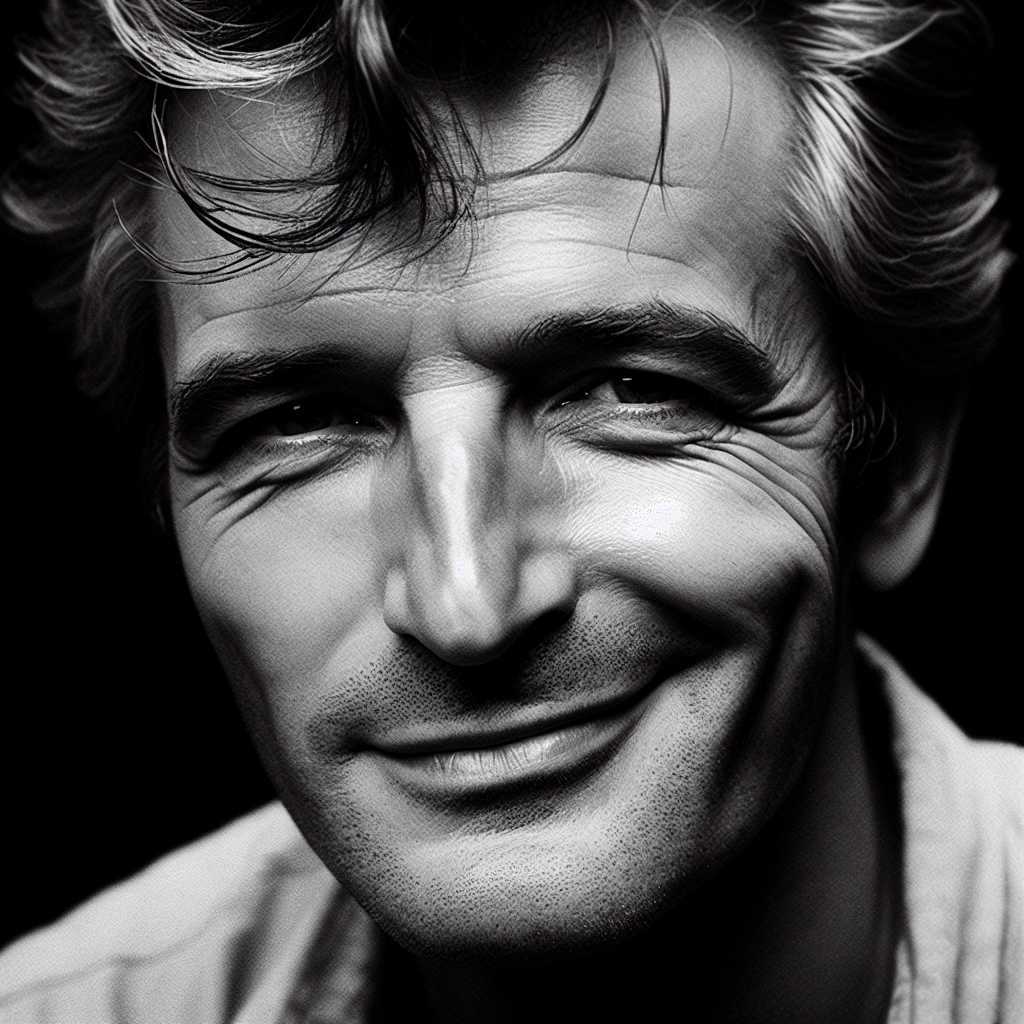The Enduring Talent of Eric Roberts: A Hollywood Journey Through the Decades
Eric Roberts has not only established himself as one of the most recognizable character actors in Hollywood, but also one who is incredibly prolific, navigating both high-profile and independent projects with longevity that spans over decades. In this comprehensive examination of Roberts’s career, we will explore his early beginnings, prominent roles, working ethos and his unique niche in the entertainment industry. Alongside this, we shall look at his forays into television, as well as his personal life and how it has intersected with his professional pursuits.
Starting Out: The Rise of a Future Star
Eric Roberts’s journey began far from the glitz and glamour of Hollywood. Born on April 18, 1956, in Biloxi, Mississippi, and raised in Atlanta, Georgia, he was introduced to the arts early through his father, Walter Roberts – a writer and actor.
Turning Heads on Stage and Screen
His career took its first major leap when he received his formal training at both the Royal Academy of Dramatic Art in London and the American Academy of Dramatic Arts in New York. Not long after, Roberts made an indelible mark on the theatrical scene which eventually led to film offers.
Roberts’s natural talent didn’t go unseen; in the early years of his career through to the 1980s, he garnered critical acclaim in a series of roles that showcased his versatile acting skills. His breakout role came in “King of the Gypsies” (1978), for which he earned his first Golden Globe nomination. He solidified his place in cinematic history with a compelling performance in “Star 80” (1983), capturing the nuances of personal turmoil and ambition.
Commercial Success and Acclaim: The Pivotal Roles
By the time he appeared in “Runaway Train” (1985) opposite Jon Voight, Eric Roberts had fully caught the attention of critics and audiences alike. His visceral portrayal of Buck in this thriller earned him both Academy Award and Golden Globe nominations. This period marked a professional high; it set a benchmark for future roles.
Throughout the late ’80s and ’90s, Roberts continued to build an impressive resume with diverse characters ranging from the profoundly disturbed to the charmingly rogue. His ability to immerse himself in such a wide array of personalities endeared him further to casting directors and filmmakers, as they sought him out for both supporting and leading roles.
Exploring Television: A New Avenue for Expansion
Television provided Roberts with a fresh medium through which to channel his talents. In series like “Less Than Perfect” and notable guest appearances in shows like “CSI: Miami,” “Heroes,” and “Brooklyn Nine-Nine,” he demonstrated versatility that translated seamlessly from film to smaller screens. With an Emmy nomination for his role in the daytime soap opera “Another World,” it became clear that Roberts was as adept at serial storytelling as he was at encapsulating a character’s life within a two-hour movie frame.
Working Ethic: The Prolific Nature of Eric Roberts’s Career
What particularly stands out about Roberts’s career is his impressive output. By appearing in numerous films every year – crossing various genres – he showcased not just discipline but also an unquenchable passion for performance. His spectrum of work can likely be attributed to his forwardness in selecting roles; never bound by reputation or profitability alone but instead driven by the character and story.
Personal Life and Its Reverberations on His Career
While fiercely private about his personal life, what is known has sometimes eclipsed news about his professional endeavors. As the older brother to actress Julia Roberts and father to actress Emma Roberts, Eric often finds himself part of a celebrated family narrative within Hollywood. However, despite occasional publicized difficulties—including past drug abuse—his work remains the most sustained part of his public identity.
Current Projects and Legacy
Today, Eric Roberts moves confidently into new territories while numerous filmmakers retrospectively take inspiration from his earlier work to weave complex characters grounded in realism that echo Roberts’s legacy in modern storytelling.
